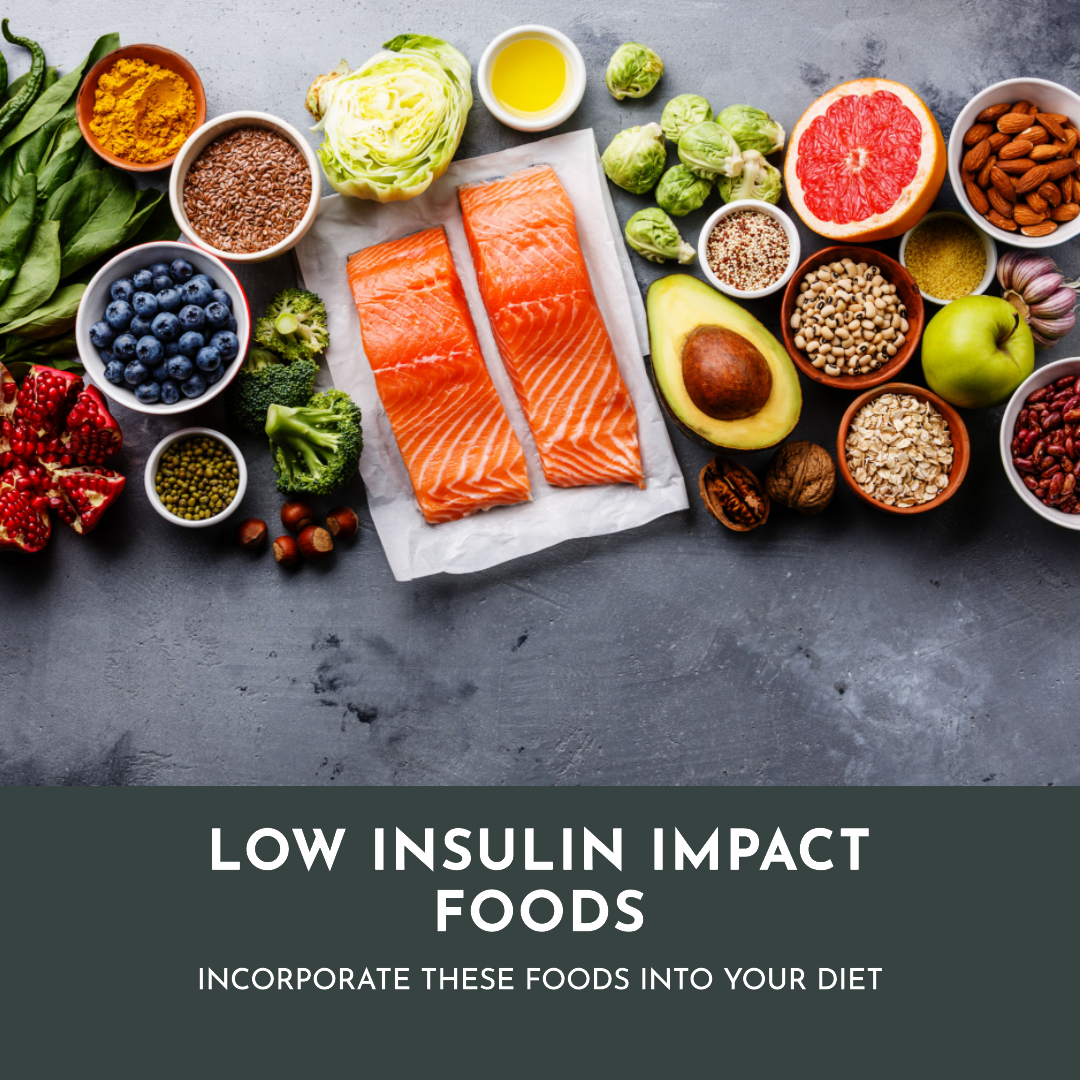Understanding the relationship between food and insulin response is a key aspect of maintaining a healthy lifestyle. In this article, we delve into the world of foods that do not spike insulin, offering insights into how you can manage your diet for optimal health. This is particularly important for those dealing with diabetes or those on a keto diet.
Understanding Insulin and Glucagon
Insulin is a hormone that plays a crucial role in regulating blood sugar levels. It allows cells in the body to take in glucose from the bloodstream and use it as energy. However, most foods will spike insulin in one way or another, even protein. Interestingly, when protein spikes insulin, it also brings up something called glucagon which balances it out and makes it a net zero response. This insulin-glucagon balance is a critical aspect of maintaining stable blood sugar levels.
The Role of Fiber and Fats in Insulin Response
Fiber and fats play a significant role in insulin response. They do not spike insulin, but the challenge with fiber is that it is often combined with other things like starches and sugars. This is why it’s important to understand the composition of the foods we eat. For instance, incorporating more healthy recipes with high fiber content can help manage insulin levels.
“Understanding the composition of the foods we eat is crucial in managing insulin levels.”
The Benefits of Soluble Fiber
Soluble fiber, such as glucomannan and galactomannan, have metabolic benefits and feed the bacteria in the gut. These types of fiber can help regulate blood sugar levels, making them a great addition to a healthy intermittent fasting routine.
Low Insulin Impact Foods
There are several foods that have a low impact on insulin levels due to their high soluble fiber content. These include hearts of palm and shirataki noodles. Other foods high in soluble fiber, such as chia and flax seeds, flax crackers, and seaweed, are also beneficial. These foods contain a substance called mucilage, which is a powerful hydrocolloid that draws in water and can aid in satiety.
The Role of Fats in the Diet
Fats do not trigger an insulin response, making them a key component of a keto diet. Coconut butter, for instance, is recommended as it has a higher fiber content. Incorporating healthy fats into your diet can help manage insulin levels and promote overall health.
Nutrient-Rich, Low Insulin Impact Vegetables
Vegetables high in soluble fiber, such as bok choy and Swiss chard, have practically no insulin impact and are packed with nutrients. These vegetables can be a great addition to a Mexican-inspired meal, providing a healthy and delicious option for those looking to manage their insulin levels.
Protein and Insulin Response
Protein’s impact on insulin response varies depending on the source. For instance, beef has a moderate insulin spike compared to other foods, while eggs have a low insulin spike. This makes eggs a good choice for those looking for a high protein, low insulin spiking food. Understanding the symptoms of diabetes and how different foods affect insulin response can be a game-changer in managing this condition.
Low Carbohydrate Foods and Insulin Response
The insulin response of a food is related to the amount of carbohydrates it contains. Foods like shirataki noodles, hearts of palm noodles, and pasta have low insulin spikes due to their low carbohydrate content. This makes them a great choice for those following a keto diet for weight loss.
Recommended Snacks and Meals
For those looking for snack ideas, seed crackers, seaweed snacks, and coconut butter are excellent choices. They are low in carbohydrates and do not spike insulin levels. For meals, consider using bok choy, Swiss chard, and eggs. These foods are not only delicious but also help in reversing insulin resistance.
Embracing a Healthier Future
Understanding the relationship between food and insulin response is crucial for maintaining a healthy lifestyle. By incorporating foods that do not spike insulin into your diet, you can manage your blood sugar levels and promote overall health. Remember, every step you take towards a healthier lifestyle counts, so start making these changes today!
For more information on managing insulin levels and maintaining a healthy lifestyle, check out our health section and stay updated with the latest tips and advice.
For further reading on the topic, you can check out this academic article that provides a comprehensive study on the insulin index of foods.

